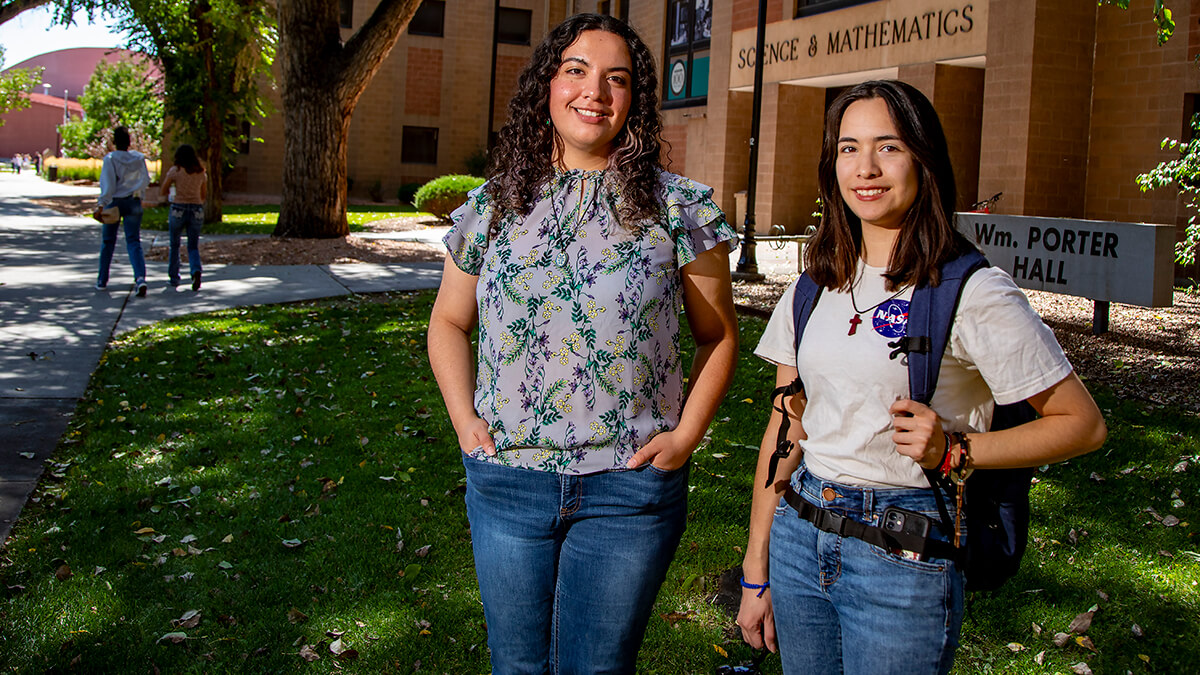Three years ago, Lumina Foundation launched the REACH Collaborative with a very clear and specific goal: to increase the number of Black, Hispanic and Latino, and Native American adults with quality credentials and degrees. Alongside our partners, we welcomed more than 100 community colleges in six states into the collaborative and supported them in implementing the REACH Framework, which includes three pillars:
- Credentials to Degrees Pathways designed to fit the busy lives of adult learners of color as they progress toward high-wage, family-supporting careers.
- Bundled and Sequenced Supports that remove potential barriers to success by proactively providing adult learners of color with what they need when they need it, inside and outside the classroom.
- Culturally Sustaining Practices focused on creating environments where adult learners of color feel their racial, ethnic, and cultural backgrounds and lived experiences are acknowledged and valued.
While the pillars themselves are powerful, we’ve learned over the last three years that they are most effective when adapted through flexible, holistic approaches, supportive relationships, and an intentional emphasis on empowering students in ways that recognize their individuality and respect their insights as opposed to a monolithic standard.
For REACH colleges, the process of adopting flexible, holistic approaches often began with a moment of insight. Digging into enrollment and labor market data, focus group and survey responses, and other inputs led leaders to ask some big questions about regional demographics, campus and community resources, and workforce demands. These questions prompted even bigger “aha” answers and became catalysts for the colleges to design pathway programs in ways that take into account identified needs, challenges, and opportunities.
Relationships that are developed both in and outside of the colleges have proven key to fostering and sustaining the REACH work. Dedicated coaches, faculty, and other campus staff often serve many roles, including main point of contact, tutor, and cheerleader. Their consistent presence helps ensure adult students of color get the support and encouragement they need to stay the course and persist in their programs. Additionally, connections with community and industry leaders to promote pathways, offer internships, or provide supports are vital. Ultimately, people are the glue that holds these programs together.
Adult students of color bring a wealth of knowledge and diverse experiences to college, and they actively seek opportunities to show and share their unique perspectives. REACH institutions have created empowering environments for students by intentionally providing opportunities for their voices to be heard, listening to input and incorporating feedback, and creating spaces just for them.
In action, here’s what this “secret sauce” of flexibility, strong relationships, and empowering environments has looked like at REACH colleges:
- Pikes Peak Community College in Colorado redesigned courses to be delivered in an accelerated, hybrid format that includes morning and evening classes to accommodate caregiving and full-time working students. Peer mentors are embedded in the classes to connect students with tutoring support and other resources.
- Gaston Community College in North Carolina developed a relationship with the local hospital to promote the college’s LPN pathway and provide tuition support for current employees seeking to move into a nursing career.
- Eastern Shore Community College in Virginia empowers students to succeed outside of the classroom by offering a course that includes financial coaching and digital literacy support, as well as professional skills like interviewing and resume writing. Students who take the noncredit course can receive credit for prior learning.
While the REACH Collaborative is coming to an end, our focus on better serving adults of color and our commitment to community colleges as engines of social mobility are stronger than ever. The REACH colleges offer an incredible amount of inspiration. We hope you’ll take the time to read two briefs that highlight approaches to this work and celebrate its impact.
Our thanks to partners, Education Strategy Group, University of Pittsburgh, DVP-Praxis, and Friday who have helped to lead these efforts. We can’t wait to see how the work continues.
